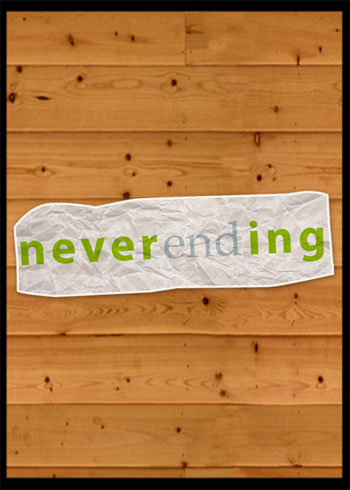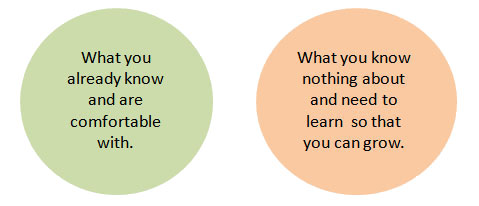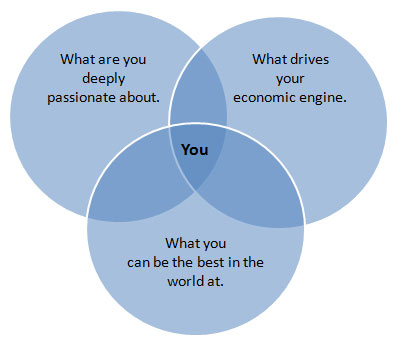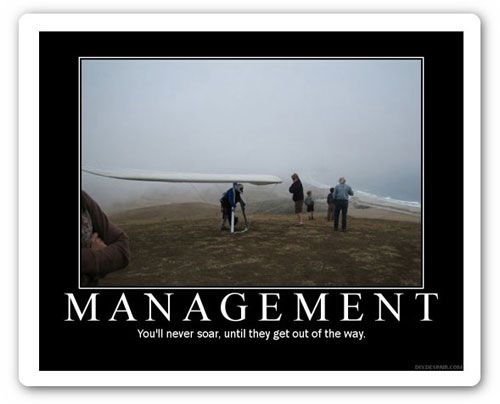Optimism. It is that thing that will sneak up from behind and will take your project down. No; Seriously. It is the thing that makes you believe that they care about what you are building. It is also what will make you believe that your idea or product rocks. That it will 'change the way people do business'.

Newsflash: No one cares about your product.
Second Newsflash: Your idea probably is not as good as you think you it is.
Third Newsflash: Your product will probably launch and perish like a slightly different low budget Hollywood movie that never made it to the big screens.
I have seen over a dozen software products take a nose-dive Microsoft Bob style - every single one with a single unifying theme tying the failure.
The director; vice-president; or someone high up in the pecking order; usually misses out on asking a simple question - What if you build it; flawlessly and the audience of millions you expected decides that it just does not want to show up; or what if the audience of one that you expect to pay for the product decides that the product idea itself is just not good enough to pay anything for?
If you are knitting your brow and wondering why I sound pessimistic and why that might happen to your product website or your product even when you pour your heart and long hours implementing an idea that you considered to be seriously kick-ass innovation of the year; allow me dear reader; to present my thought process to you with simple mathematical figures:
In one of the citations I read a couple of years ago; the average number of users for any given site on planet earth was quoted as two users. The numbers since then have increased substantially but the overall equation remains just as bad.
Number of websites on planet earth: 156,000,000
Number of people internet users: 1670000000
This dear reader; leaves you with around eleven users on your product website; system or blog. Build a website or a product that is 'decently good' or mediocre and an average traffic of eleven users is all you should expect.
For anything more than eleven you might have to move away from the realms of mediocrity and build something that is genuinely remarkable or helps people; not something that you 'think' is remarkable and definitely not just something that you 'think' will help people.
Go slow. Take small steps. Wrap up projects that are not going anywhere. Continue things that are working and push them harder.
Building mediocre products is just not an option; because mediocre products result in mediocre traffic and mediocre traffic of eleven users; on the software development world of today is so-not-exciting.
Now go build something that gets more than returning eleven users.
I wish you good luck.








Comments are closed.